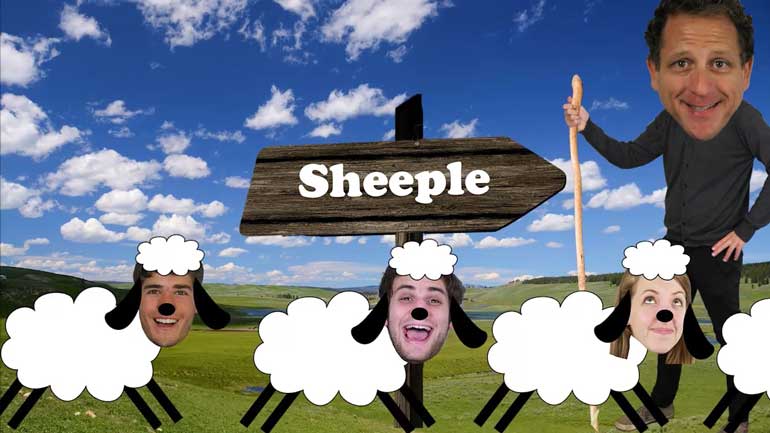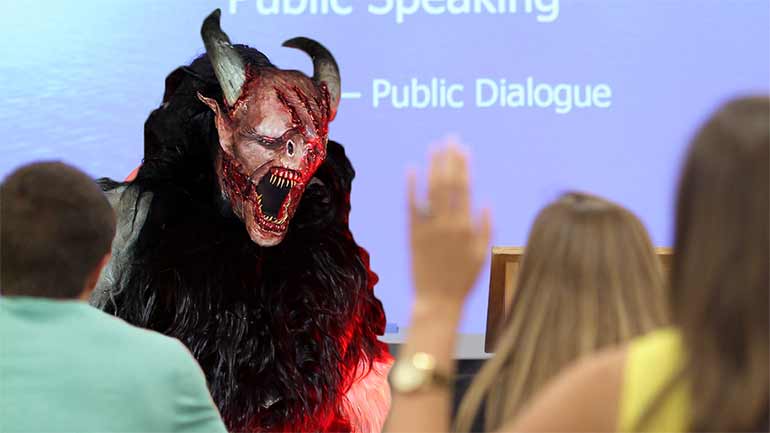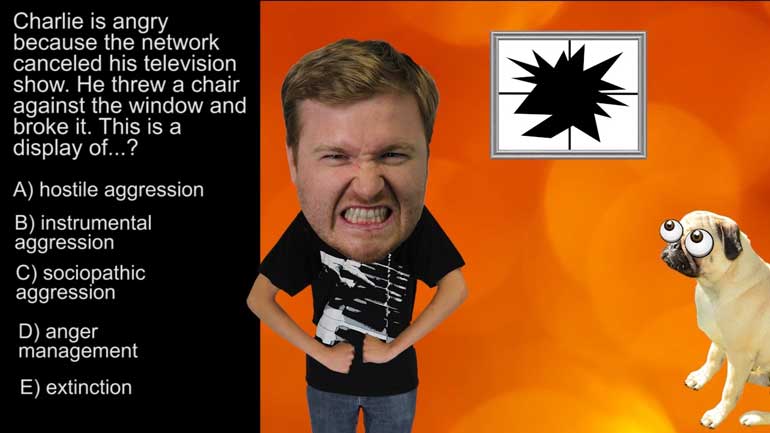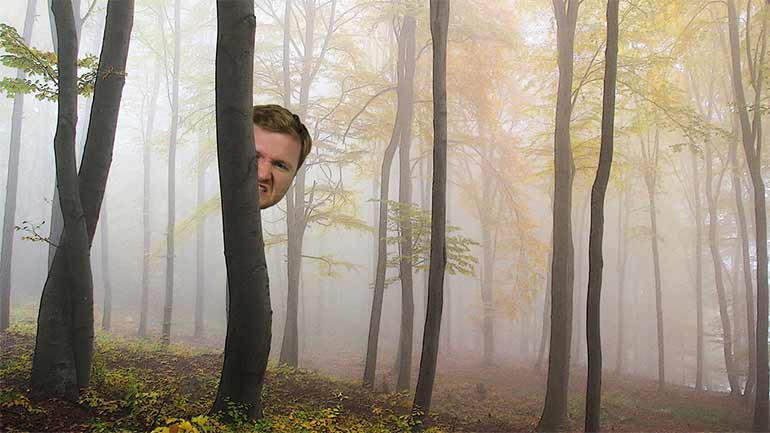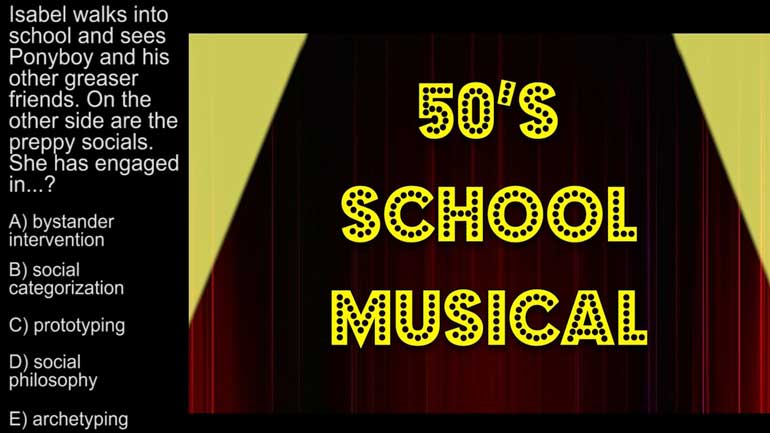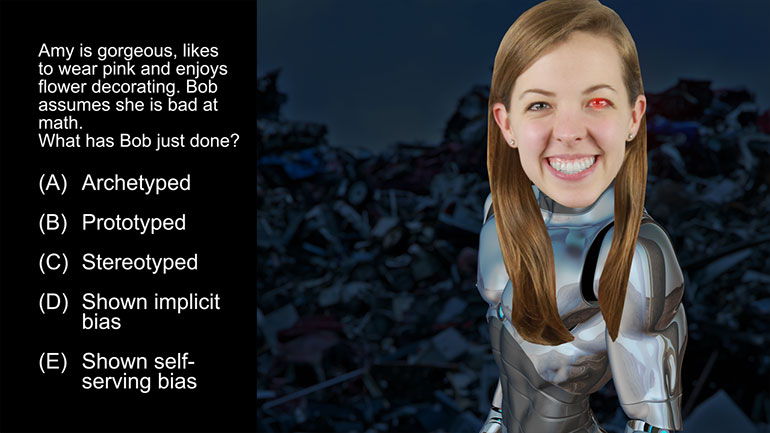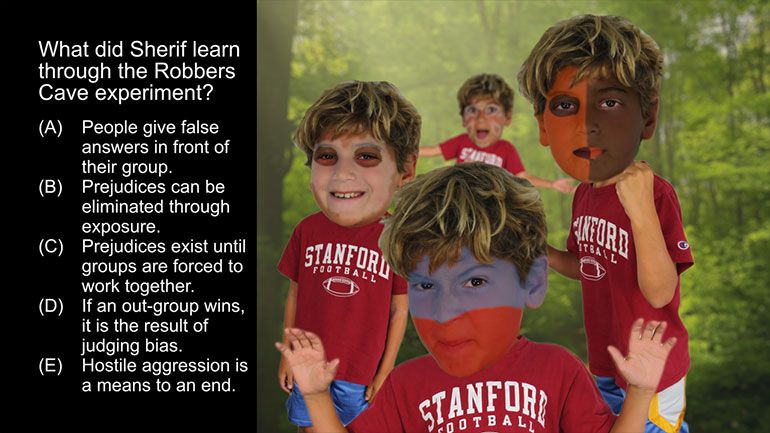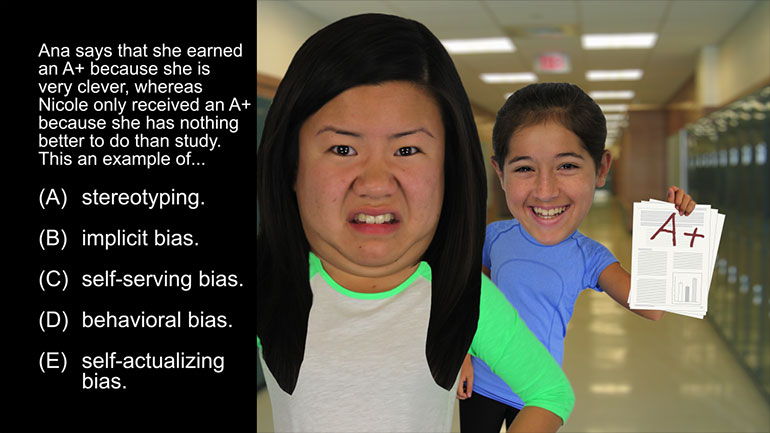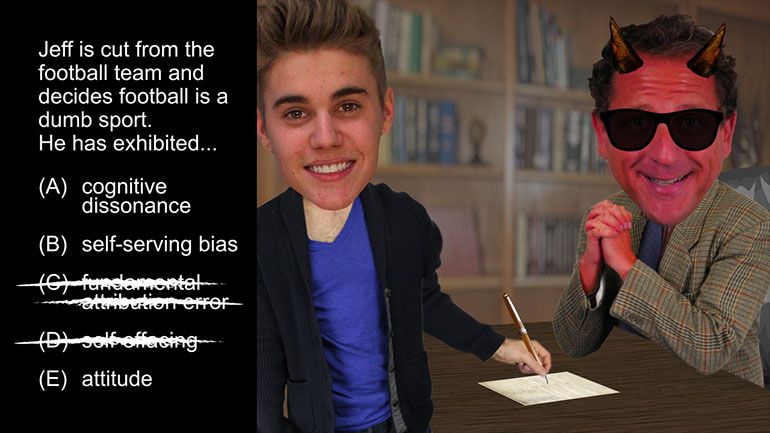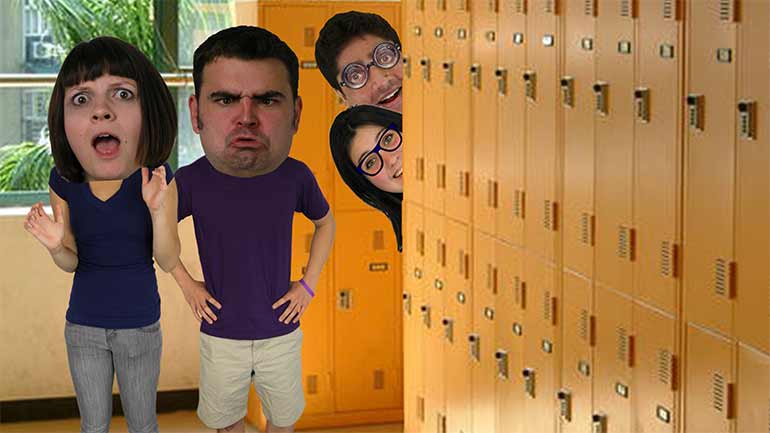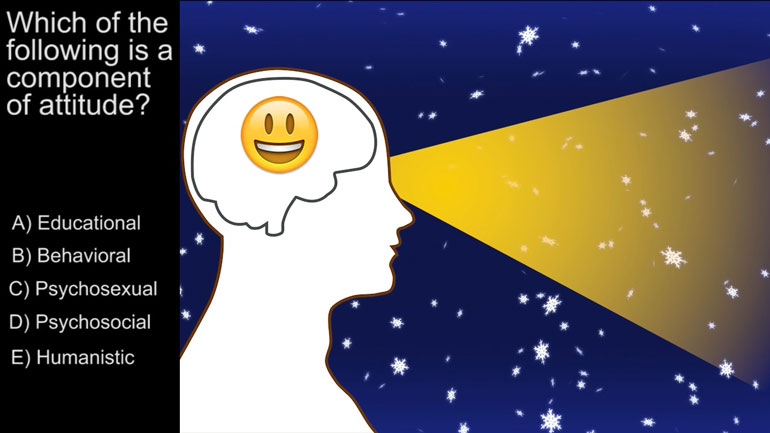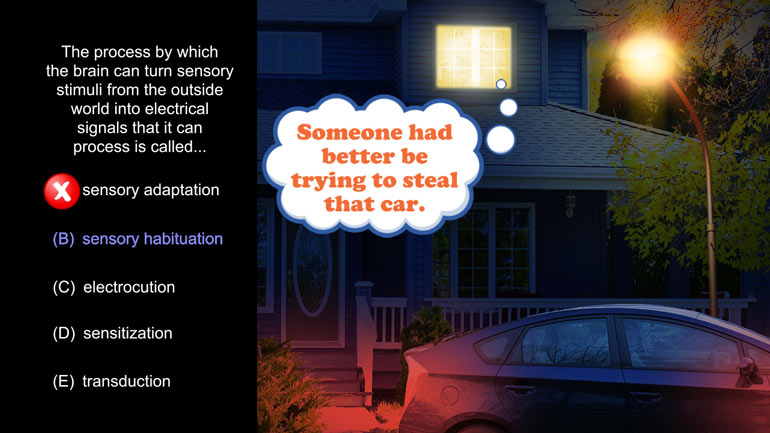ShmoopTube
Where Monty Python meets your 10th grade teacher.
Search Thousands of Shmoop Videos
Social Psychology Videos 14 videos
AP Psychology 2.2 Social Psychology. Which of the following was an independent variable manipulated in Asch's research?
AP Psychology 1.1 Social Psychology. Which of the following best describes social psychology?
AP Psychology 1.2 Social Psychology. What is the best choice for producing better productivity?
AP Psychology 3.4 Social Psychology 7 Views
Share It!
Description:
AP Psychology 3.4 Social Psychology. Which statement best describes what Sherif learned through the Robbers Cave experiment?
Transcript
- 00:04
Here's your shmoop du jour brought to
- 00:05
you by the wilderness the only place other than soldier field where you can [Man in a forest and bear appears]
- 00:10
potentially be mauled by a bear which statement best describes what Sherif
- 00:16
learned through the Robbers Cave experiment and here are the potential answers
- 00:20
Well in his robbers cave
Full Transcript
- 00:25
experiment social psychologist Muzaffer Sherif took two groups of 11 [Young boys in the wilderness]
- 00:30
and 12 year old boys out into the wilderness and pitted them against each
- 00:34
other in a series of conflict inducing scenarios and yeah it's amazing what you [Sherif watches kids fighting inside a box]
- 00:40
can get away with under the guise of science the robbers cave experiment was
- 00:43
divided into three stages the first involved the two groups being entirely
- 00:47
separated and unaware of one another this was the bonding phase sunshine and [Boys bonding in sunshine]
- 00:51
daisies think of it like the calm before the storm the pleasant part of the
- 00:55
camping trip before the crazed serial killer arrives in a hockey mask to ruin [Boys by campfire and man in hockey mask appears]
- 00:59
the fun but instead of a serial killer it was another group of 12 year old boys
- 01:03
who arrived which depending on who you ask my sound even scarier than a serial [A second group of boys appear behind the trees[
- 01:07
killer in a hockey mask... The second stage was the friction stage this is when the
- 01:12
two groups of boys were entered into various competitive events with one
- 01:15
another with the researchers offering prizes to the winner this stage was key [Boy holding trophy and other boy on the floor]
- 01:19
to the research in that it showed the way in which the two groups developed
- 01:22
negative attitudes towards each other when asked to describe themselves the
- 01:25
boys tended to describe their in-group in favourable ways and the out group in
- 01:29
unfavorable ways...What our question is concerned with however is the third
- 01:34
stage this was the integration stage where Sherif wanted to see what it took [Boy attempting to fight and Sherif holding him back]
- 01:39
to eliminate the friction he and his fellow researchers had intentionally created
- 01:43
well at first they tried mirror exposure therapy that is they wondered if simply
- 01:47
having the two groups spend time together would eliminate the tension [Boys sat at the table with Sherif]
- 01:50
This didn't work and it wasn't until the two groups were tasked with working
- 01:54
together towards shared common goals the tension dissipated so answer C is the
- 02:00
correct one here tune in next time to hear about supervillain Sherif's next
- 02:04
social experiment in which he brings the two groups of twelve-year-old boys back
- 02:08
to the wilderness this time in an all-out fight to the death [Boys playing video game]
Related Videos
AP Psychology 2.2 Social Psychology. Which of the following was an independent variable manipulated in Asch's research?
AP Psychology 1.1 Personality. According to Freud, these three parts of personality are constantly in conflict.
AP Psychology 1.1 Sensation and Perception. The process by which the brain can turn sensory stimuli from the outside world into electrical signals...
AP Psychology 1.1 Social Psychology. Which of the following best describes social psychology?
AP Psychology 1.1 States of Consciousness. Who conducted research on REM sleep deprivations?
